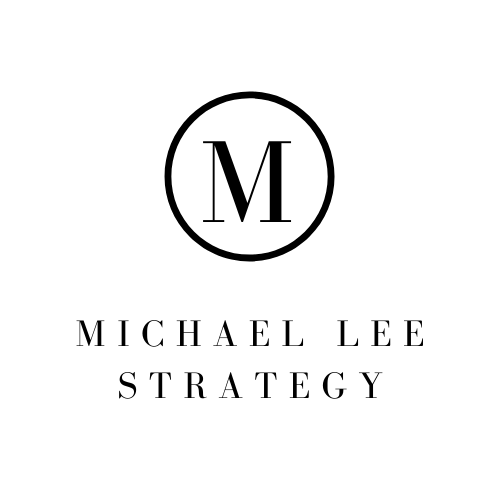Merger Monday with Maria
This morning I was lucky enough to be on FOX Business Mornings with Maria Word on Wall Street segment. Today is a Merger Monday and we hit on three main topics the first topic was the US governments CFIUS or national security concerns about the Chinese company TickTock. This company is owned by Bytedance and the reason for concern is in relation to massive security concerns around the use of customer data.
TikTok is very popular among teens and preteens for it's funny short videos but as stated before, it has become a problem because it is a spyware app for the Chinese Communist Party.
The amount of data that it collects on users has been stated by senior administration officials that TikTok collects somewhere in the neighborhood of 15 times the amount of data that other social media apps collect. Keep in mind all of this data goes directly back to the Chinese communist party. The CCP is aspiring to become the Saudi Arabia and the tip of that spear is TikTok. Hopefully this clarifies why the US government is involved in the divestiture of TikTok from Bytedance.
Microsoft emerged as a leading buyer very early in this process and has been in the media as being the clear favorite, it seems as though as of last night at Microsoft out of the bidding and that TikTok is not going to be sold, rather it is going to outsource its US operations to Oracle.
The details for the deal are still unclear especially after announcing the CCP did not want to sell the proprietary algorithm which determines which videos users see next, meaning after you watch one clip a new one pops up, and how these videos are selected or chosen are the special sauce for TikTok.
I am not a user of TikTok, but I have seen some of the videos on other platforms so I am familiar. No one in my household will be a used for the simple fact that I do not want the Chinese Communist Party to know more about me than they probably already do. Time will tell if this deal gets approved, but as of now I am skeptical. I am of the opinion that this administration should just shut it out of the US. This may upset some teens and preteens, but the reality is we already have a litany of good powerful social media apps we don't need another.
The next deal on this merger Monday we were discussing was Nvidia buying ARM. ARM is a UK based semiconductor company that creates the designs and plans for chips that almost all major semiconductors manufacturers use. These chips are used for cell phones and computers from Samsung to Apple to Huawei. ARM is creating these designs for the chips for all of the Nvidia competitors so very clearly on the surface this deal has a lot of anti-competitive concerns. The reason this company is up for sale is because it's another failure of Softbank who paid just under 32 billion in 2016 and announced the sale for 40 billion. Softbank needs the liquidity right now, and that is driving this sale. I don't believe that this deal get ultimately gets done, as there is too much anti-competitive concerns, and massive regulatory hurdles from many different regulators. Many of Nvidia's competitors will be lobbying heavily against this deal and they have a very good argument.
The last deal we talked about was a potential merger between two large Swiss banks, Credit Suisse and UBS. This deal was rumored by a blog that the two banks may merge. This deal is very different, in that does not possess the regulatory concern in the US like the previous deals, and actually makes quite a bit of sense. Credit Suisse primary business is Investment banking and sales and trading, while UBS excels in Wealth Management and Asset Management. These are complementary business and the balance sheet from Wealth Management deposits helps solidify funding for trading and banking transactions. The entire banking industry is stressed right now because of the interest rates sit at all time lows globally. Because of the state of the industry and difficulties facing combined with historically pragmatic Swiss regulatory state, this deal could work.
